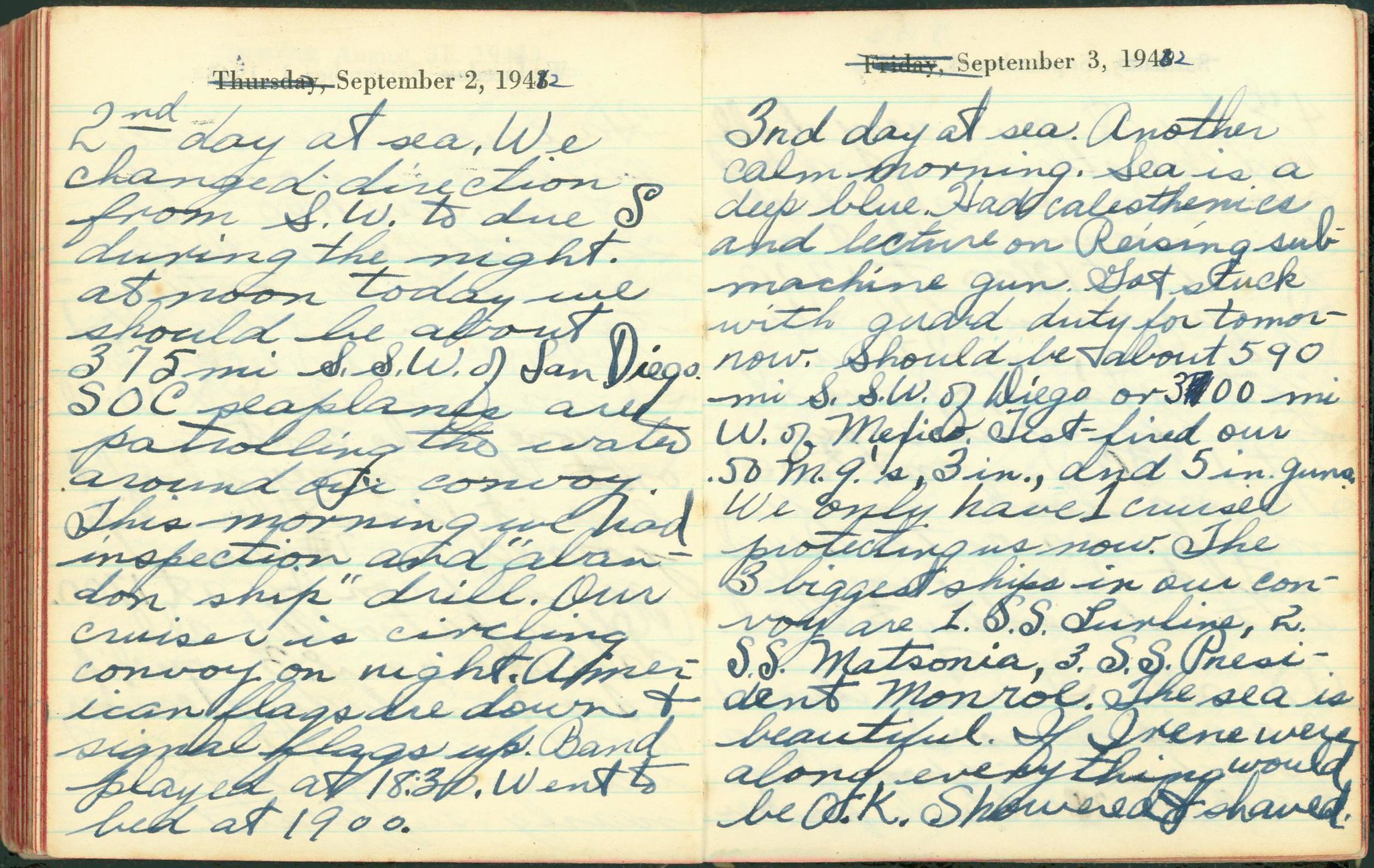Primary Sources
Primary Sources
A primary source is something that was created and/or experienced at the time being studied. They provide a first-hand or eye witness account. Examples of primary sources include: historical documents, speeches  paintings
paintings photos
newspaper clippings
diaries or journals
 artifacts
artifacts etc.
Reproductions of primary sources (remember, we won't have the originals) can often be found in books and on websites.
Tips for finding primary sources
- To find primary sources using OneSearch type in your topic search term(s) and on its own line type sources OR documents. Books and eBooks are tagged or labeled with the word sources when they contain primary sources, and often the titles or descriptions include the word documents.
- To find primary sources using databases type in your topic search term(s) in either a primary sources database or limit the search results (Refine Results) to primary sources, primary documents, or newspapers. Limiting to images and audio files are available in some databases, as well.
Be sure to check out our Primary Sources LibGuide for more assistance.
What is a Primary Source?
Types of Primary Sources
There are many types of primary sources.
Literary or cultural sources
- novels, plays, poems
- television shows, movies, videos
- paintings, photographs
Accounts that describe events, people, or ideas
- interviews
- eyewitness accounts
- essays, speeches
- memoirs, diaries, letters
- government documents
Information about people
- census records
- obituaries
- newspaper articles
Information about places
- maps, atlases
- census information
- photographs
Objects
- clothing
- furniture
- artifacts
Empirical Works
- research articles
- clinical reports
- case studies
- original data
Adapted in part from University of Michigan Library
Primary vs. Secondary Sources

Free Online Primary Source Collections
The following links will take you to collections of primary sources in free online archives.
-
CalisphereDiscover over two million photographs, documents, letters, artwork, diaries, oral histories, films, advertisements, musical recordings, and more.
-
Marble (Museums, Archives, Rare Books, and Libraries Exploration)University of Notre Dame project digitizing paintings, photos, sculptures, texts, drawings, toys, and more.
-
RevFree audio and video transcripts for speeches, rallies, announcements, debates, Congressional hearing, interviews, podcasts, and more.
-
World Digital LibraryThis collection contains cultural heritage materials and significant historical documents including books, manuscripts, maps, newspapers, journals, prints, photographs, sound recordings, and films.